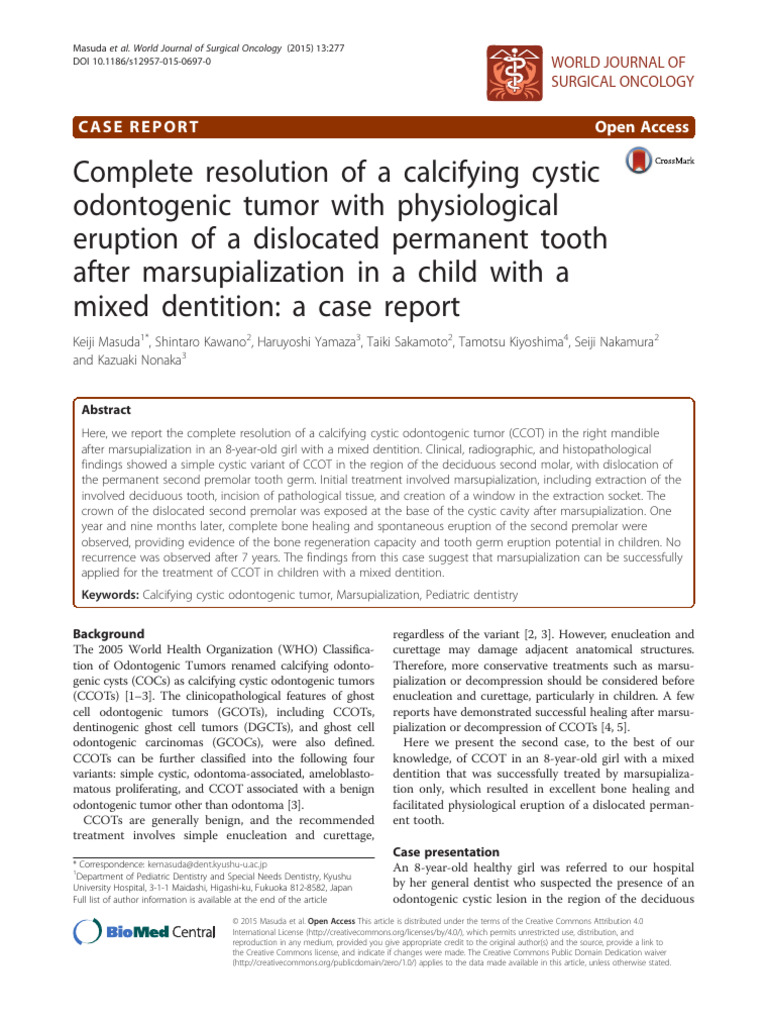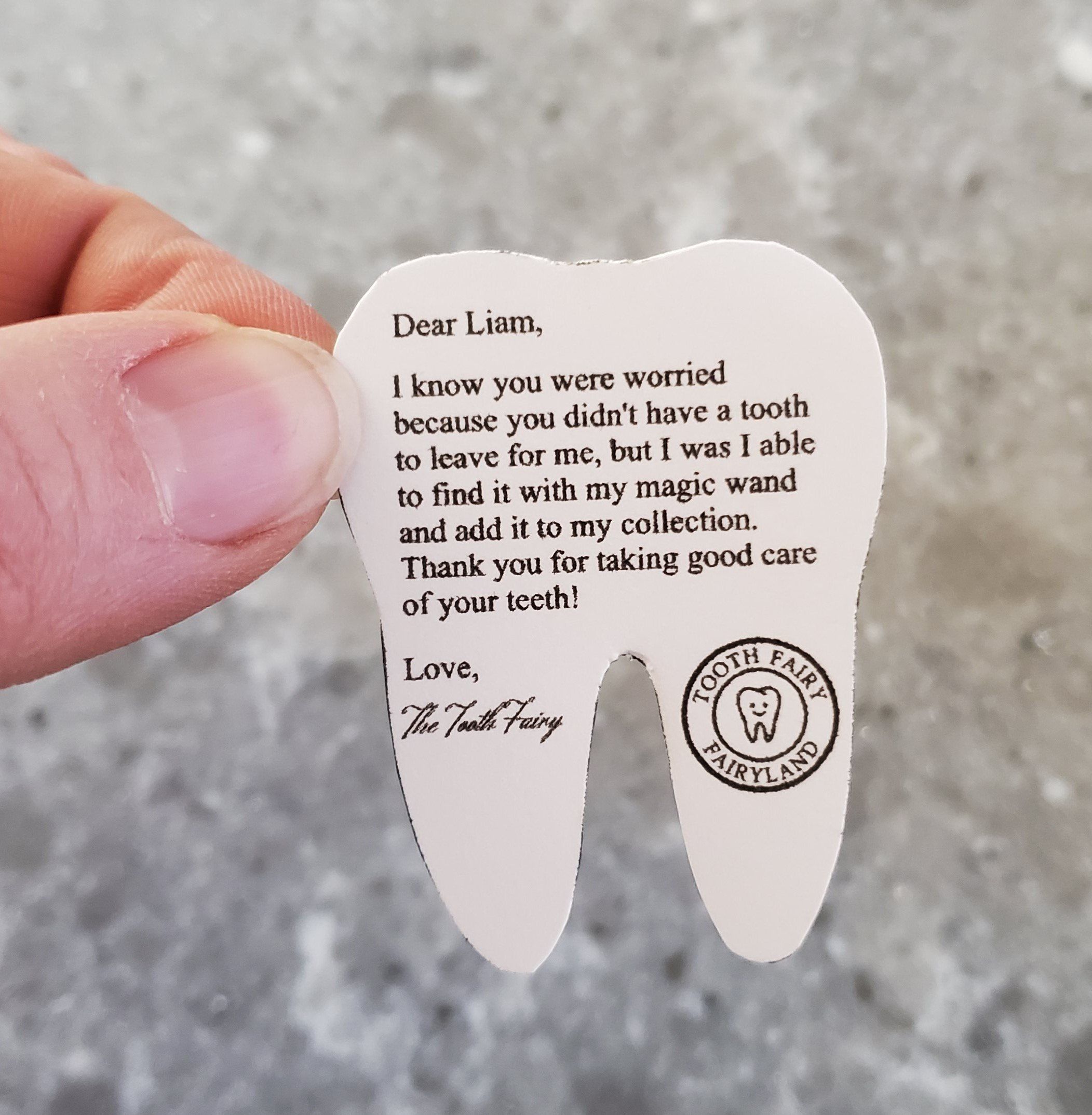How To Treat Dislocated Tooth? Quick Relief Tips

A dislocated tooth, also known as a luxated tooth, can be a painful and distressing experience. It occurs when the tooth is partially or completely displaced from its socket, often due to trauma, injury, or decay. Prompt treatment is crucial to alleviate discomfort, prevent further complications, and potentially save the tooth. In this article, we’ll delve into the world of dental emergencies and provide you with quick relief tips and a comprehensive guide on how to treat a dislocated tooth.
Understanding the Severity of a Dislocated Tooth
Before we dive into the treatment options, it’s essential to understand the severity of a dislocated tooth. There are several types of tooth luxation, including:
- Concussion: A mild injury that causes pain when the tooth is touched, but there’s no displacement.
- Subluxation: The tooth is loosened, but still in its socket.
- Intrusive luxation: The tooth is displaced into the socket.
- Extrusive luxation: The tooth is partially displaced out of the socket.
- Lateral luxation: The tooth is displaced to one side, often causing the tooth to be locked into a new position.
Each type of luxation requires a different treatment approach, so it’s crucial to visit a dentist or endodontist for proper diagnosis and care.
Quick Relief Tips for a Dislocated Tooth
While waiting to see a dentist, here are some quick relief tips to help manage your discomfort:
- Rinse with warm salt water: Gently rinse your mouth with warm salt water to reduce swelling and ease pain.
- Apply a cold compress: A cold compress or an ice pack wrapped in a cloth can help reduce swelling and alleviate pain.
- Take over-the-counter pain relievers: Pain relievers like ibuprofen or acetaminophen can help manage pain and inflammation.
- Avoid chewing or biting: Try to avoid chewing or biting on the affected tooth to prevent further discomfort and potential damage.
- Keep the tooth clean: Gently clean the tooth with a soft-bristled toothbrush and mild toothpaste to prevent infection.
Treatment Options for a Dislocated Tooth
Treatment for a dislocated tooth depends on the severity of the injury and the type of luxation. Here are some common treatment options:
- Repositioning and splinting: The dentist may need to reposition the tooth and splint it to the adjacent teeth to stabilize it.
- Root canal treatment: If the tooth is severely damaged, a root canal treatment may be necessary to remove the damaged pulp and prevent infection.
- Crowns or fillings: If the tooth is chipped or cracked, a crown or filling may be needed to restore its shape and function.
- Extraction: In severe cases, the tooth may need to be extracted, especially if it’s beyond repair or causing significant discomfort.
Prevention is Key
While accidents can happen, there are steps you can take to prevent a dislocated tooth:
- Wear a mouthguard: If you participate in sports or activities that involve contact, wear a mouthguard to protect your teeth.
- Practice good oral hygiene: Regular brushing, flossing, and dental check-ups can help prevent tooth decay and gum disease, which can weaken teeth and make them more susceptible to luxation.
- Avoid chewing on hard objects: Refrain from chewing on hard objects like ice, nuts, or hard candy, which can cause teeth to crack or chip.
Conclusion
A dislocated tooth can be a painful and distressing experience, but with prompt treatment and proper care, it’s possible to alleviate discomfort and potentially save the tooth. Remember to stay calm, follow the quick relief tips, and seek professional help as soon as possible. By understanding the severity of a dislocated tooth and taking preventive measures, you can reduce the risk of tooth luxation and maintain a healthy, beautiful smile.
FAQ Section
What should I do if I have a dislocated tooth?
+If you have a dislocated tooth, it’s essential to see a dentist or endodontist as soon as possible. In the meantime, rinse your mouth with warm salt water, apply a cold compress, and take over-the-counter pain relievers to manage your discomfort.
Can a dislocated tooth be saved?
+Yes, a dislocated tooth can be saved, but it depends on the severity of the injury and the type of luxation. Prompt treatment and proper care can help alleviate discomfort and potentially save the tooth.
How can I prevent a dislocated tooth?
+Preventing a dislocated tooth involves practicing good oral hygiene, wearing a mouthguard during sports or activities, and avoiding chewing on hard objects. Regular dental check-ups can also help identify potential problems before they become severe.
